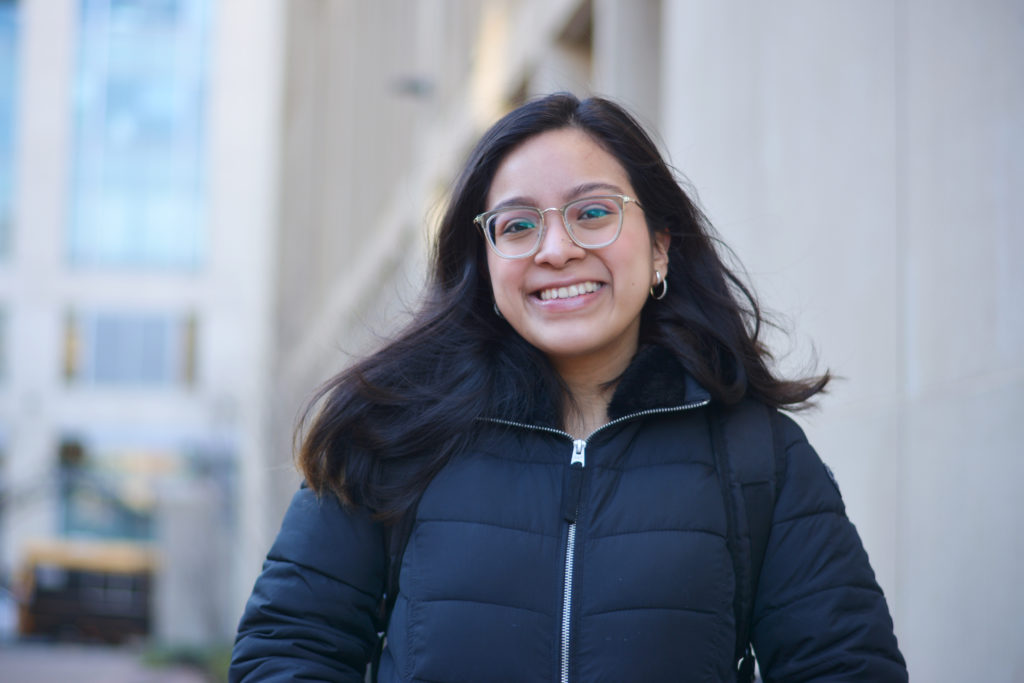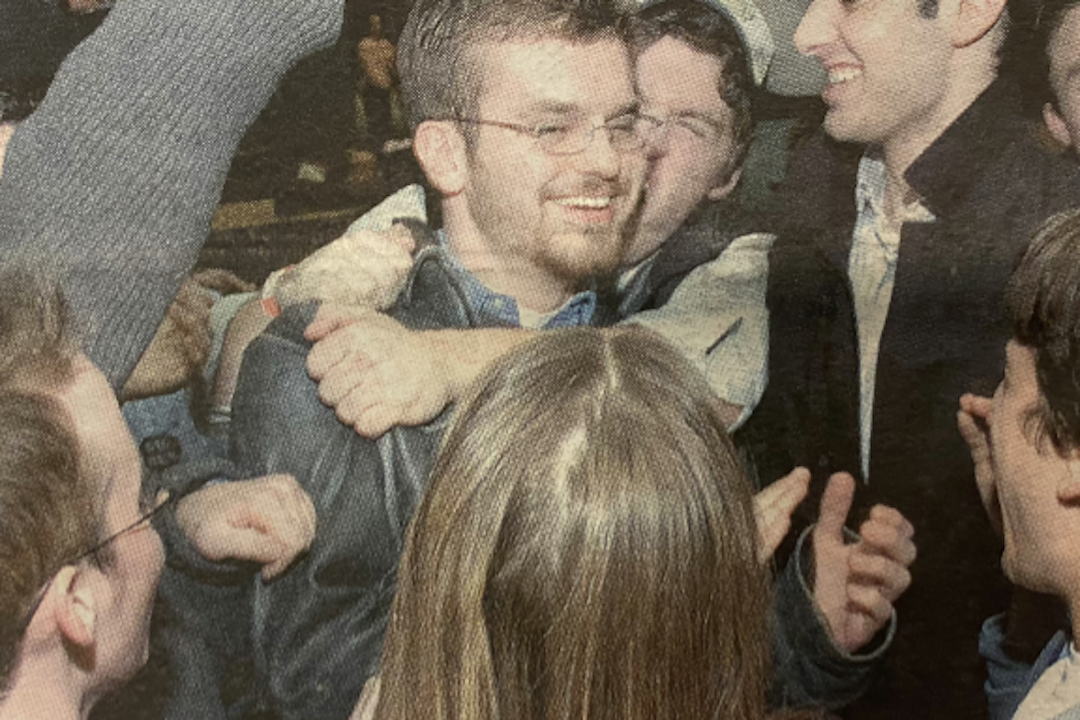Many freshmen only dream about landing an internship or leadership position in their first year, much less a job under former First Lady Michelle Obama.
But freshman Linette Delgado is one of four selected to participate in Obama’s “A Year of Firsts” project, a multimedia collaboration between the advocacy group ATTN and the first-generation initiative Reach Higher. The campaign aims to provide students from socioeconomically marginalized backgrounds with insight into the lives of first-generation students before they embark on college themselves.
“The first year of college is exciting, but also a little nerve-racking,” Obama wrote on Instagram earlier this month. “As a first-generation college student myself, I know how intimidating it can be to try to navigate through a new place and make new friends, all while trying to figure out who you are and who you want to be.”
The campaign’s four participants are students who have faced “tremendous odds” to attend college, Obama said in the post. The interns will share their stories about “the ups, the downs and everything in between” of college life, she said.
She said that as a first-generation Latina student, she had to independently apply for college and navigate a predominantly white school. She said the initiative is an opportunity for her to encourage other Latino students to pursue higher education despite the University’s relatively small Latino student population.
About 9 percent of GW students identified as Hispanic in 2019, according to institutional data.
“I’m the oldest out of three siblings, and I come from a Mexican household where you’re told you have to go to school because that’s the only option to get out of how you grew up,” she said. “At times, I did doubt my worth, because you’re competing against other students and you also have limited resources.”
She said she interned for Reach Higher last semester and worked for iMentor, an advocacy organization that guides high school seniors through the college application process. Delgado said she impressed Reach Higher coordinators with her commitment to help first-generation students, and she was recommended as a representative for Obama’s campaign.
“I didn’t think it was fake when I got the email about the project, but it came out of nowhere,” Delgado said. “I said, ‘Yes’ immediately because I feel that Latinos, in general, have to be represented, and it was a chance to encourage other Latino students to pursue higher education.”
She said the bulk of her job with “A Year of Firsts” involves blogging and recording videos on IGTV of her typical days at school, which involves morning treks to class, reflections of her days and topics followers ask her to discuss. Delgado also texts daily with assigned mentees, who she counsels through the college application process and fields questions about school, she said.
Delgado said she sends her vlogs to campaign producers, who compile videos from the three other representatives from California, North Dakota and Alabama into a series on ATTN’s IGTV page. The first episode is set to premiere later this month, she said.
She said that while she mostly vlogs about her study habits and campus culture on her phone, there are other not-so-positive aspects of college life that she wants to share. Delgado said she discusses her struggle to find a core group of friends and student organizations to join.
“I do try to give them a raw experience of what college is like,” Delgado said. “I think a lot of students will glamorize college life and won’t tell you what’s really going on, so I try to be real and keep that balanced.”
Delgado said that while she ultimately wants to give high school seniors insight into her experience with class, friends and extracurriculars, she also wants to use the opportunity to break down the stereotype that Latino students cannot succeed in school.
“There are lots of students of color who are excited about pursuing higher education,” she said. “This is about letting the world know that we need help, and if that help could be given, it would be greatly appreciated because there are not a lot of support systems.”








